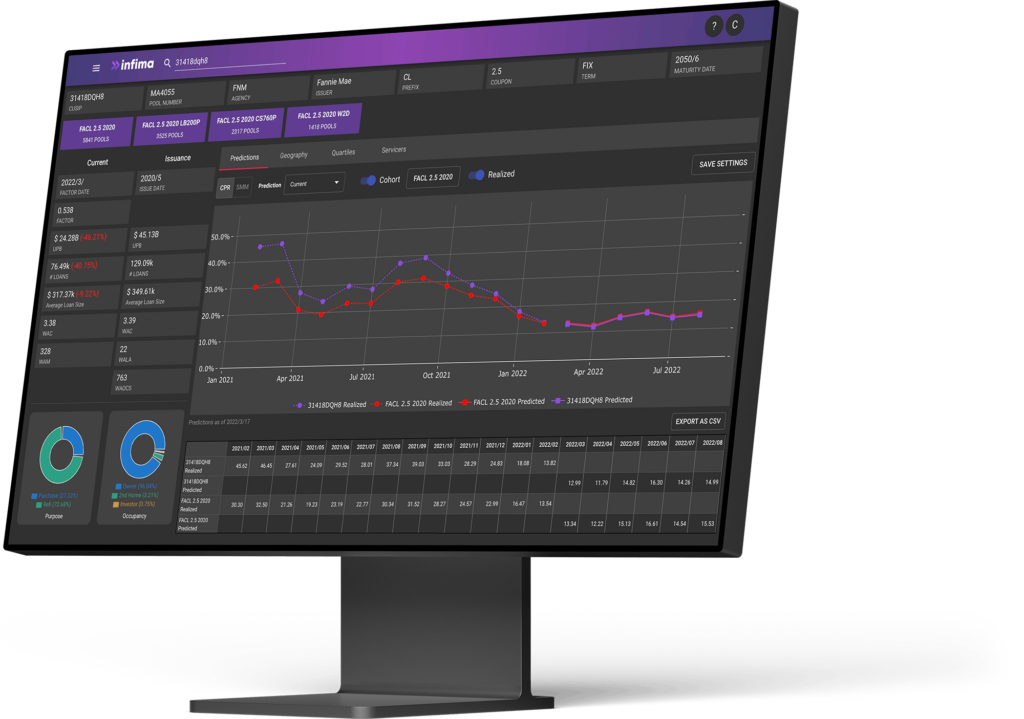Bank MBS
How Far the Fed’s New Facility Can Go to Curb Bank MBS Challenges
In response to recent banking sector challenges linked to mortgage-backed securities (MBS), the Federal Reserve has introduced a targeted borrowing facility designed to stabilize these assets. However, the effectiveness of this new measure, while promising, remains under scrutiny, as banks are only partially relying on it to manage their MBS portfolios.

Addressing the MBS Risk with the Bank Term Funding Program (BTFP)
The Federal Reserve’s Bank Term Funding Program (BTFP) was created to address a growing concern: that many banks still hold MBS purchased before the rapid interest rate increases, leading to securities now trading below their original value. Banks can utilize the BTFP to borrow against these MBS assets at their at-issuance value instead of current market rates, allowing them to avoid realizing losses due to the current valuation decline.
This funding flexibility means banks have an option to secure capital without selling their MBS at a loss, offering temporary relief from liquidity pressures. So far, the BTFP has been accessed for over $12 billion, indicating banks’ cautious adoption. Experts agree, however, that this program may not provide a complete solution.
Expert Insight on the BTFP’s Limitations and Potential
Industry experts remain cautiously optimistic. Nicholas Gunther, co-founder and Chief Solutions Officer at Infima Technologies—a data and analytics firm specializing in borrower, security, and market behavior analysis—notes that while the BTFP addresses the immediate problem, it may not resolve all MBS-related challenges. “I think the immediate problem has been sufficiently addressed. I don’t think that the facility is going to be a panacea,” Gunther explains, highlighting that although BTFP offers a lifeline, banks continue to explore other funding sources for stability.
| Key Details of BTFP | Impact on Banks |
|---|---|
| Allows borrowing against MBS at issuance value | Reduces need to sell MBS at a loss |
| Accessed by banks for $12 billion+ | Provides a liquidity source but not a standalone solution |
| Designed to stabilize banks holding older MBS | Offers temporary relief amid high-interest rates and valuation drops |
Market Dynamics Behind the MBS Valuation Drop
The Federal Reserve’s swift increase in interest rates over the past year has significantly impacted MBS valuations, particularly for securities issued before rates began to climb. MBS purchased at lower rates now yield far less compared to newer securities, creating valuation gaps.


